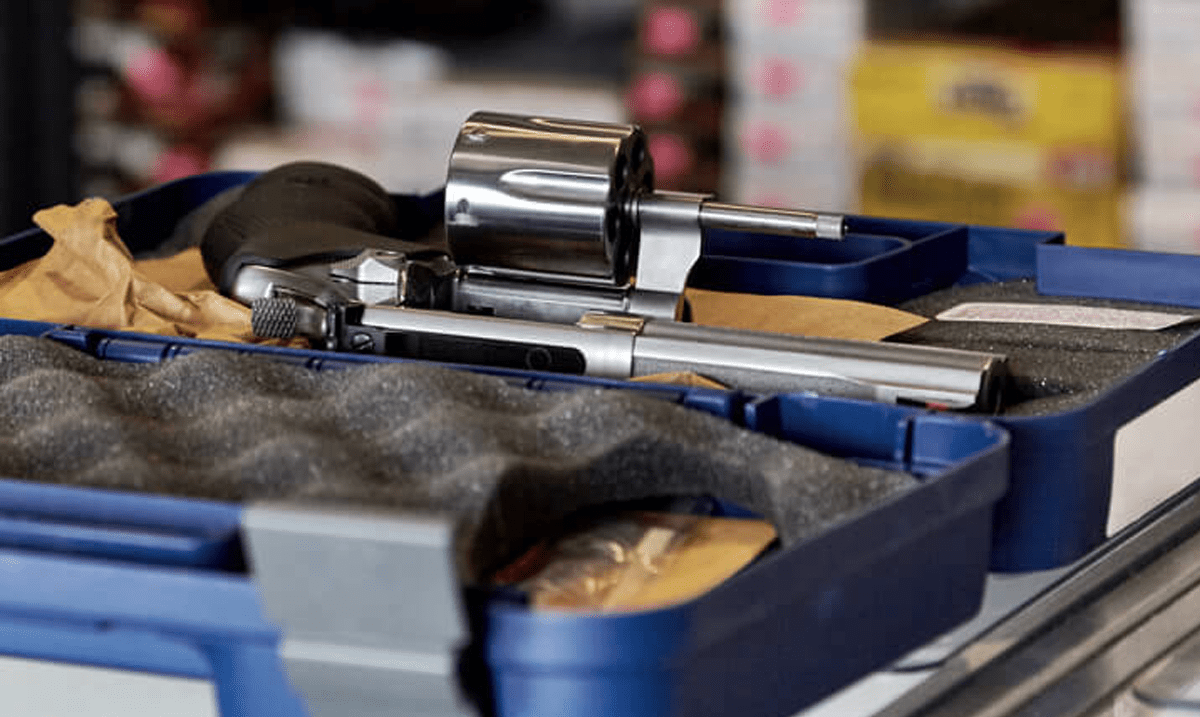 Back to News
Back to News
July 16, 2015
As We’ve Been Saying, Let’s Continue to FixNICS
After the tragedy that unfolded last month in South Carolina, anti-gun advocates have once again called for new gun control laws, using this attack to justify their pre-existing agenda, but the facts show that an unfortunate mistake allowed Dylan Roof to purchase a gun.
Since 1998, our industry has relied on the National Instant Criminal Background Check System (NICS) to determine whether a prospective gun buyer is eligible to purchase a firearm. Since its inception, NICS has been far more effective than the local background checks implemented in the first phase of the Brady Act – a mandate later invalidated by the Supreme Court on 10th Amendment grounds.
NICS was waiting when Roof first attempted to purchase a gun on April 11. When the retailer contacted NICS, the initial check surfaced a record of a recent drug arrest, so the purchase was delayed and turned over to an FBI examiner. But due to a quirk of South Carolina geography, the examiner contacted the wrong local police department. The bottom line is that the examiner ultimately failed to obtain the police report where Roof had apparently admitted to being an illegal user of a controlled substance – grounds to issue a denial.
Under federal law, the FBI has three business days to determine whether there is sufficient evidence to deny a purchase. Because the examiner was unable to find the correct information, Roof was able to purchase the gun. But it wasn’t until two months after the gun purchase that Roof used the gun to commit the crime. We don’t know if the examiner abandoned the investigation, but if his disqualifying information had been discovered, the two months provided ample time for the FBI to advise the ATF of the illegal purchase, and send agents to confiscate the gun.
According to FBI statistics, in 2014 FBI/NICS delayed 9 percent of transactions. Of those, 12 percent of transactions were denied. Only 1.1 percent of all NICS checks overall are denied.
Anti-gun advocates are choosing to fault the three-day rule, suggesting that the examiner did not have enough time to finish the background check. But it’s clear that whether the FBI had three days or two months, they were not able to get the right answers because they were asking the wrong people.
 This mistake does not call for changes to the statute, but instead improving our current system. NSSF has long been calling for such improvements as part of our FixNICS initiative. Despite repeated efforts by the Bloomberg gun control machine to claim credit for state bills improving the NICS database, it is the firearms industry that has invested in intensive efforts at the state level to improve the reporting of eligible records into the database. And we can point to success in 16 states.
This mistake does not call for changes to the statute, but instead improving our current system. NSSF has long been calling for such improvements as part of our FixNICS initiative. Despite repeated efforts by the Bloomberg gun control machine to claim credit for state bills improving the NICS database, it is the firearms industry that has invested in intensive efforts at the state level to improve the reporting of eligible records into the database. And we can point to success in 16 states.
Effective background checks on prospective firearm purchasers depend on the submission of complete, accurate information in the NICS database, and adequate training of those responsible for entering data. The industry will continue to advocate for improvements to NICS with the goal of helping ensured that a prohibited purchaser is never allowed to slip through the cracks.
Categories: Featured, Government Relations, Retailers, Top Stories









